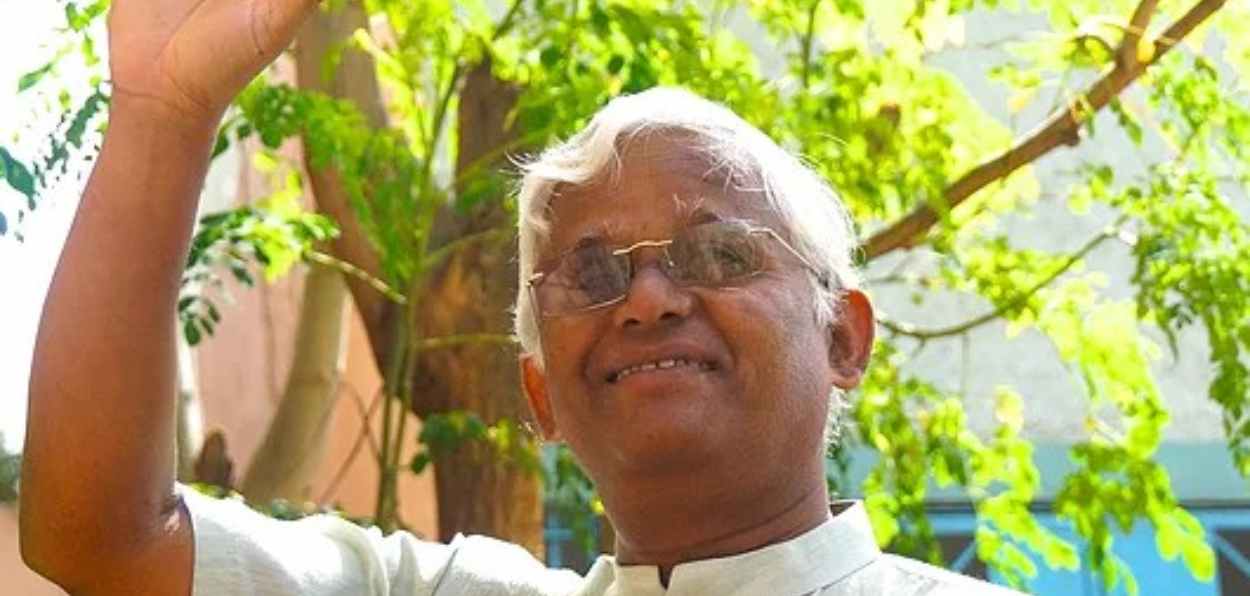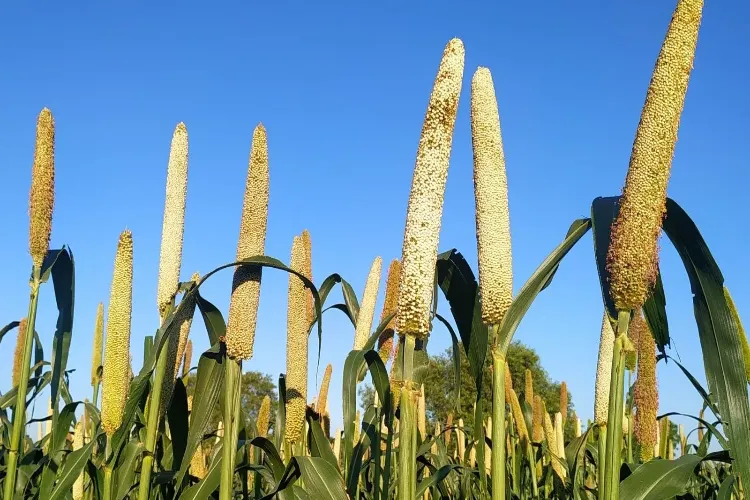Kadapa, ANDHRA PRADESH / Mathura, UTTAR PRADESH :
Overcoming adversity to achieve medical excellence and serve society
New Delhi :
The life story of Dr. S.A. Ali is a testament to resilience and determination, illustrating how an individual can surmount varied challenges to achieve success. Born in a poor family in Andhra Pradesh’s Kadapa, Dr. Ali’s transformation from poverty to becoming a revered doctor and professor is truly inspiring.
Dr. Ali is now a prominent figure in the Uttar Pradesh city of Mathura where he runs a clinic. He previously served at the TB Sanatorium in the historic city of Vrindavan.
With an impressive array of qualifications including MBBS, MD, DNB, and MNAMS, as well as diplomas in ultrasound and cardiology, Dr. Ali, an expert in chest-related diseases, has treated over 150,000 patients with a remarkable 99% recovery rate.
Dr. Ali has not forgotten his childhood and the challenges associated with poverty. His encounter with hardships early on has instilled in his character a sense of compassion and magnanimity. And it shows: He does not charge anything from the poor and the needy and at times even provides the necessary medicines to them at no cost.
Reflecting on his childhood, Dr. Ali recounts the struggles his family faced due to his father’s modest income as a tailor. “Getting higher education was a dream,” he says. “I borrowed books and notes from friends, and often walked or borrowed a friend’s bicycle to get around.”
Despite these challenges, Dr. Ali studied tirelessly for over 18 hours a day. Initially aspiring to fulfill his father’s dream of becoming a lawyer, he eventually decided to pursue a career in medicine. “The challenges I faced in my childhood made me feel I should also help people. And now I work with this passion,” he explains.
Dr. Ali’s dedication and hard work earned him a prestigious status from the Indian Medical Association as a professor, a title awarded to only ten doctors for a five-year term, from 2021 to 2026. “The professors and teachers who taught me during my college days were very good. They helped me in every possible way,” he says with gratitude.
His commitment to serving others took him to Vrindavan. “Coming to Vrindavan was all about service,” he states. “Caste or religion had no place in coming here.”
Dr. Ali’s message to the youth is one of perseverance and community involvement. He advises them to “join the society and try to take it to a better state.” He encourages young people to walk or cycle whenever possible, both for health benefits and environmental conservation. “This will strengthen their health and the environment will also be protected by reducing fuel consumption,” he says.
Highlighting the importance of environmental conservation, he urges efforts to enhance water levels in rivers, streams, wells, and ponds. “Meaningful discussions on the environment should continue through political debates, political rallies, and social media,” he asserts.
Dr. Ali also calls on his fellow doctors to engage with the poorer sections of society and government schools to raise awareness about diseases. “They should connect with women groups because after becoming aware, women can give a healthy life to their entire family,” he adds.
In his journey from poverty to becoming a respected doctor, Dr. Ali exemplifies how adversity can be transformed into achievement through hard work, education, and a commitment to helping others.
source: http://www.clarionindia.net / Clarion India / Home> Clarion Special> Editors Pick / by Mohammad Alamullah, Clarion India / June 10th, 2024


_(1).jpg)








